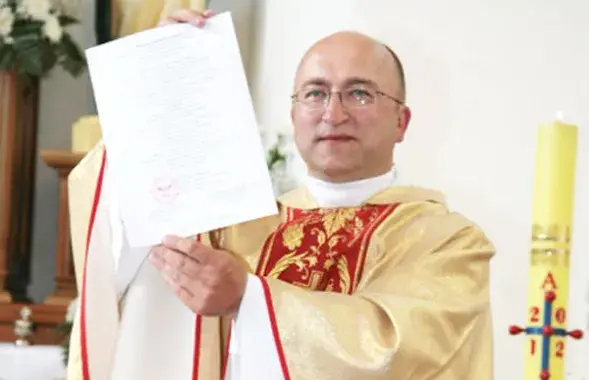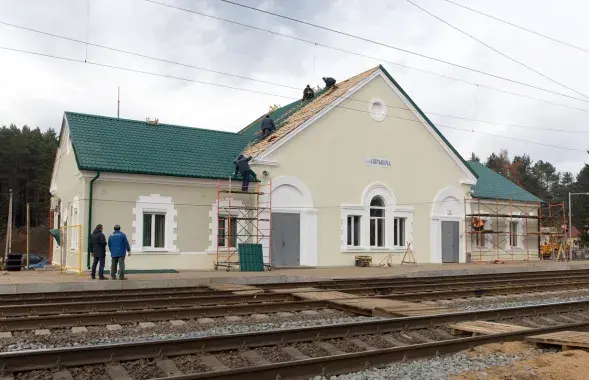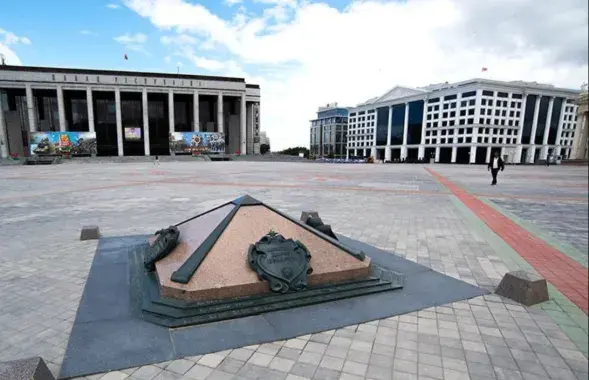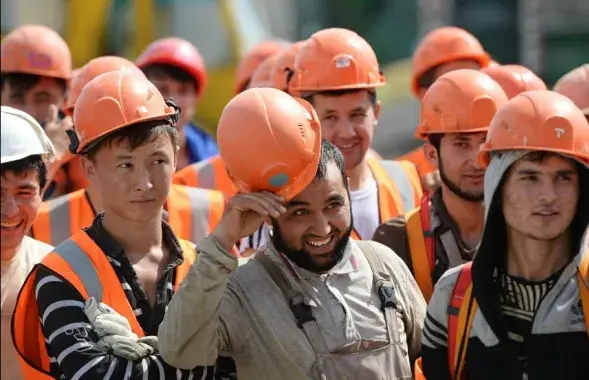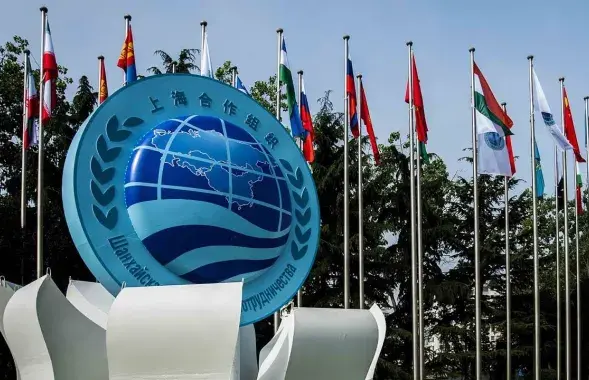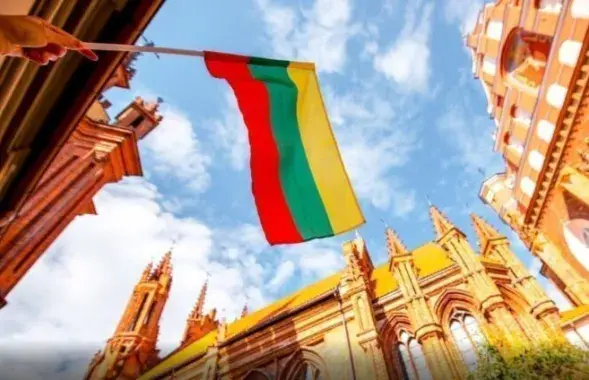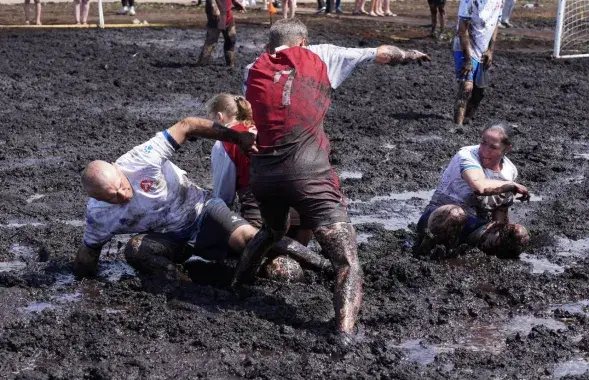'Spies' case pending court hearing
The main suspects in the case were his parishioners, Roman Catholic priest Lazar says who spent 6 months in a KGB jail last year.
If they are not guilty, it is mean and primitive, Lazar says.
KGB has been investigating the case of spying for over a year. The case was made public at the end of last July when Alyaksandr Lukashenka mentioned a traitor who ‘had sold information to foreign states with the help of representatives of the Catholic Church and who served in the special services’. His actions did damage to people working abroad, he added.
The information seemed a mystery back then and it was not confirmed by investigators. However, Barysau Catholic priest Uladzislau Lazar was detained a few days later.
Even Pope Francis was informed about the situation.
Priest Uladzislau spent six months in KGB prison and was let off.
However, the investigation has not been finished so far. Rumours about the case sent to court appeared the other day.
“Priest Lazar’s criminal case has not been sent to court,” head of the Supreme Court press service Yuliya Lyaskova checked the information in regional and other courts. “We would know about it if such a case had been sent to court.”
Euroradio: What about the other members of special services accused of spying for Poland?
Yuliya Lyaskova: “I do not know. I am only supposed to report this information to journalists.”
We asked the State Security Committee about the prospects of the criminal case.
“No comment. If some information appears, it will be reported in accordance with the established order,” head of the KGB pres service Atrur Streh said.
Different opinions about Lazar’s case (the case is known under this name although the priest was let off and other people were suspected) kept appearing. Some people thought that the arrest of the Catholic priest was an attempt to exercise pressure on the Catholic Church. Euroradio had unverified information about several suspects involved in the case. The main suspect said to have been sending information and to be going to leave for other country. The information was not published as it seemed farfetched.
Priest Lazar sent to Vileika after release does not want to comment on the case details either.
“I do not want my words to do harm to anyone. I am sorry, but I was told not to talk about it,” Catholic priest Lazar told Euroradio. However, he did not ask us to leave: it would be unchristianly.
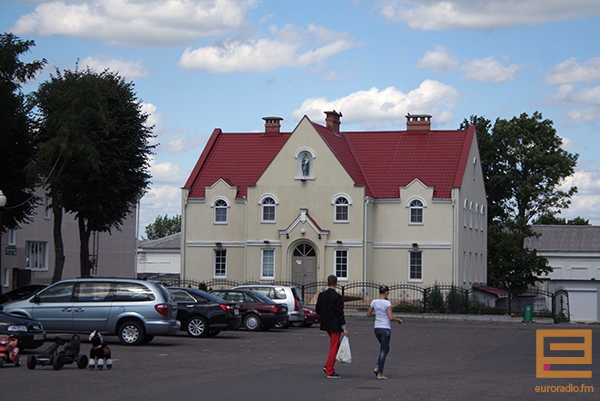
The priest’s plebania
The main suspects really turned out to be Lazar’s parishioners. We asked the priest what exactly he had been detained for.
Priest Lazar: “The investigation is in process. I was detained because they thought that if the congregation was guilty, the priest was guilty too. However, priests do not ask parishioners about their jobs. If people are guilty, they will have to be punished for it. If they are not guilty, it is mean and primitive.”
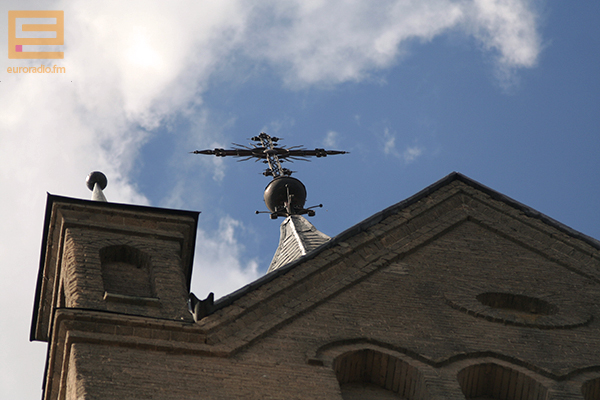
The Catholic church where the priest serves now
The priest smiled when we asked him about his health and did not even say anything about the local Catholic church because he did not consider himself to be a resident of the place. It seemed that he was a hostage in Vileika if it could be said about such a wonderful town.
The status of the Catholic priest in this espionage case is still unknown. According to some sources, he is still a suspect and was released from KGB prison on recognizance. All the charges were lifted, other sources report. Even acting press sectary of the Conference of Catholic Bishops in Belarus Yury Sanko could not answer the question.
We only understood that the case was still being investigated. However, the fact that the terms have been delayed may mean that it is not easy to prove ‘the spy’s’ guilt.
By the way, the cases of ‘the Belarusian spies’ detained in Poland also look ambiguous.
The Polish Internal Security Agency revealed two such James Bonds in March. Both of them had photos of Bydgoszcz NATO training centre on them and were going to send them to Russia. One of the spies was a military attaché of the Belarusian Embassy. He was said to have taken the pictures on his own. He was deported. The other man was a 34-year-old teacher of a Hrodna university. He was openly taking pictures of the training centre from the windows of one of the buildings situated nearby. “The spy” seemed to be trying to attract attention on purpose, representatives of the Polish special services told journalists.
